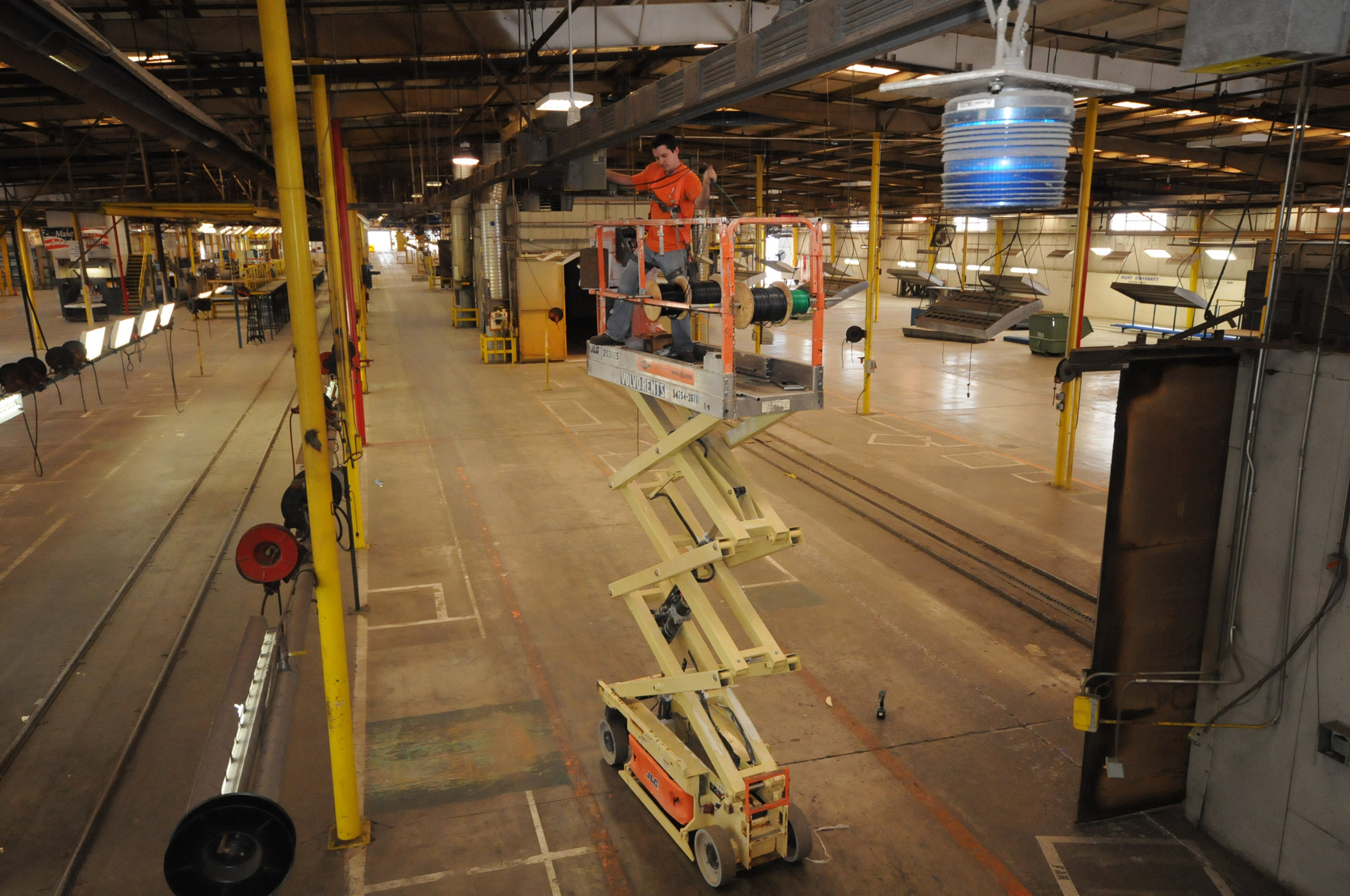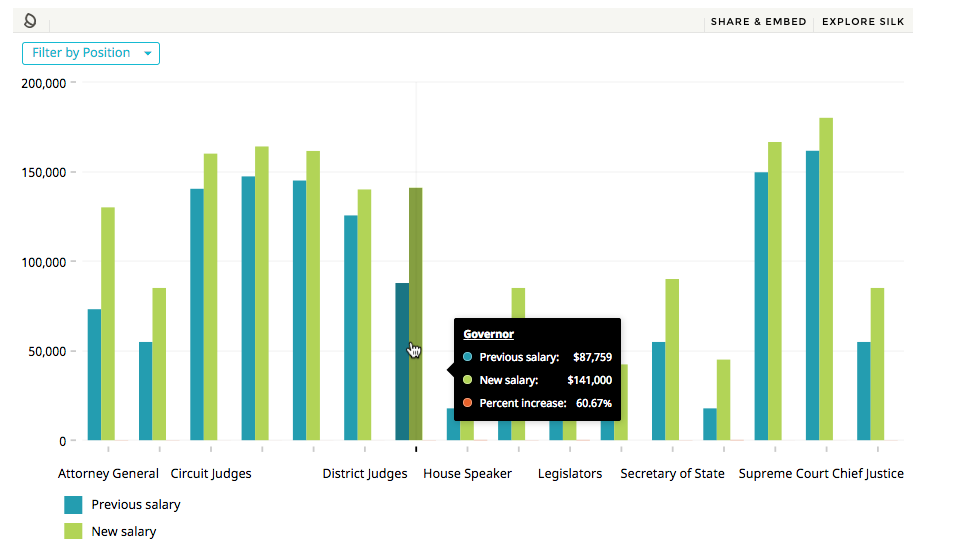Walker County to tax industry power use
Friday, January 1, 1904
LaFAYETTE, Ga. - Walker County Sole Commissioner Bebe Heiskell plans to impose a half-cent sales tax today on power used by large manufacturing plants.
The City Council in LaFayette, home to electric stovemaker Roper Corp. and other plants, would have been willing to let the sales tax fall to zero.
But because it's not their decision and the tax will be collected anyway, the City Council voted 4-0 Wednesday night to take its share of the money.
"The county's decided to do it, so it's a no-brainer," Councilman Ben Bradford said.
He then proposed that some of the city's revenue from the new tax be used to attract new businesses.
The half-cent excise tax that Heiskell plans to impose partly will make up for a state phase-out of sales tax on electricity used by large manufacturers.
Under House Bill 386, the state Legislature will phase out industry's sales tax on electricity by 25 percent a year, until the tax is gone by 2016.
The new law allows counties and cities to make up for lost sales tax revenue by phasing in up to a 2 percent excise tax on energy.
Officials in some Georgia counties, such as Catoosa, have opted against any excise tax for fear of being perceived as unfriendly to business.
But Heiskell can't just let the revenue go away, said Walker County Economic Development Director Larry Brooks, partly because of bonds the county issued with the expectation of the tax money coming in.
"We would love to see it go away," Brooks said. "The debt service is contingent on that tax revenue coming in."
Even with Heiskell's new excise tax, large industry in Walker County will still get a 51/2 percent sales tax break on electricity, he said.
Heiskell will impose the tax for at least a year to run a cost-benefit analysis of how much revenue would be lost if the tax on power is phased out completely, Brooks said.
Etheridge said that businesses have to apply to get the tax break, and several already have made application to City Clerk Brenda Snyder.
The city would have lost $36,000 in revenue annually from the tax breaks, City Manager Frank Etheridge said, but will make some of that up due to council's vote Wednesday.
Councilman Wayne Swanson wondered why the exemption only applied to large industry and not to residents or local businesses.
"So they're getting exempt, and we're not -- because we've got more money than they [do]?" he wondered.
Councilwoman Judy Meeks was absent Wednesday.

